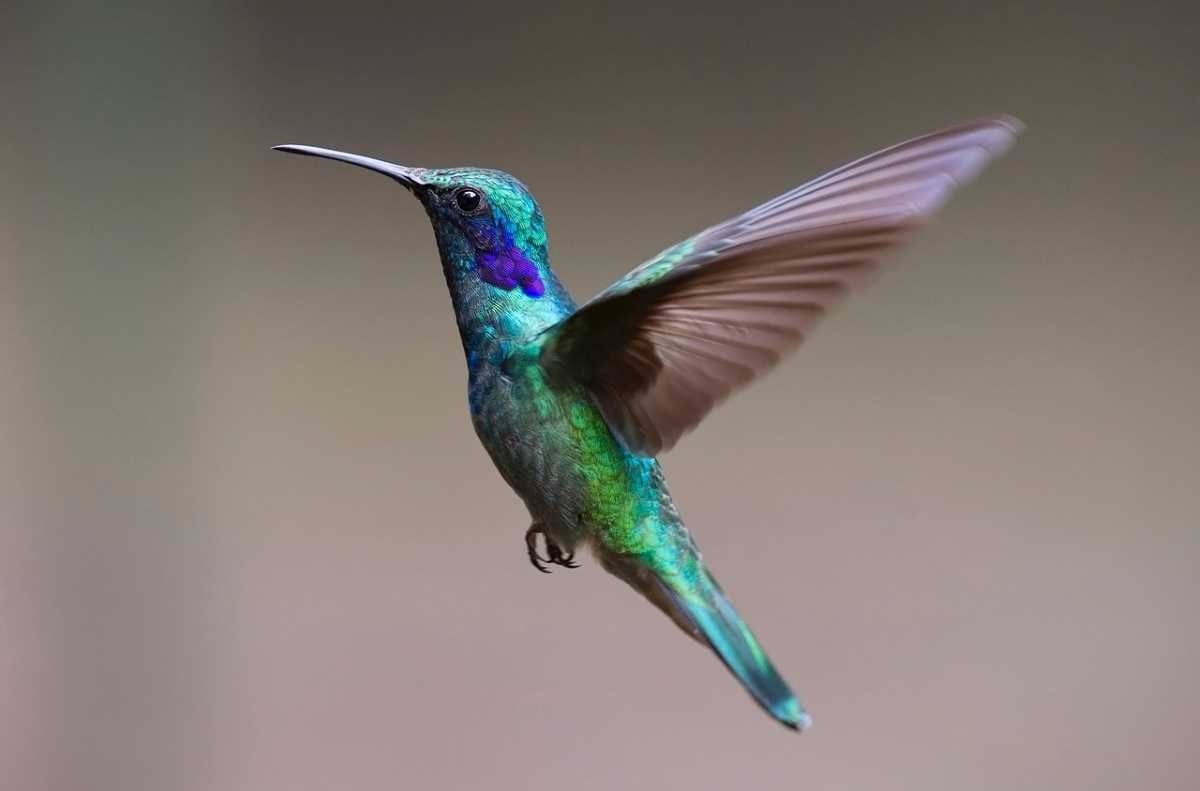The High-Speed Hummingbird Collisions of Monteverde
Rose Marie Menacho Odio, a researcher from Costa Rica, urges caution in nature tourism. She highlights the harm caused by infrastructure to wildlife, suggesting practical measures to save birds and animals from collisions, road accidents, and electrocution.

In a world teeming with picturesque landscapes and exotic wildlife, the allure of nature tourism is undeniable. Yet, as more travelers seek adventures in the great outdoors, a lurking dilemma emerges: the detrimental impact of human infrastructure on wildlife. Rose Marie Menacho Odio, a dedicated researcher from the Universidad Estatal a Distancia de Costa Rica, has raised a clarion call for change.
Recently, Menacho Odio was invited to the hallowed halls of UNAM to participate in a conference titled Risks of urbanization for wildlife in areas of sustainable tourism and ecotourism. The conference was organized by the Institute of Social Research (IIS) of the National University. With a postgraduate degree in Wildlife Management and Conservation, Menacho Odio's focus, at present, is on an intriguing yet tragic issue: bird collisions with windows in the lush landscapes of Costa Rica.




